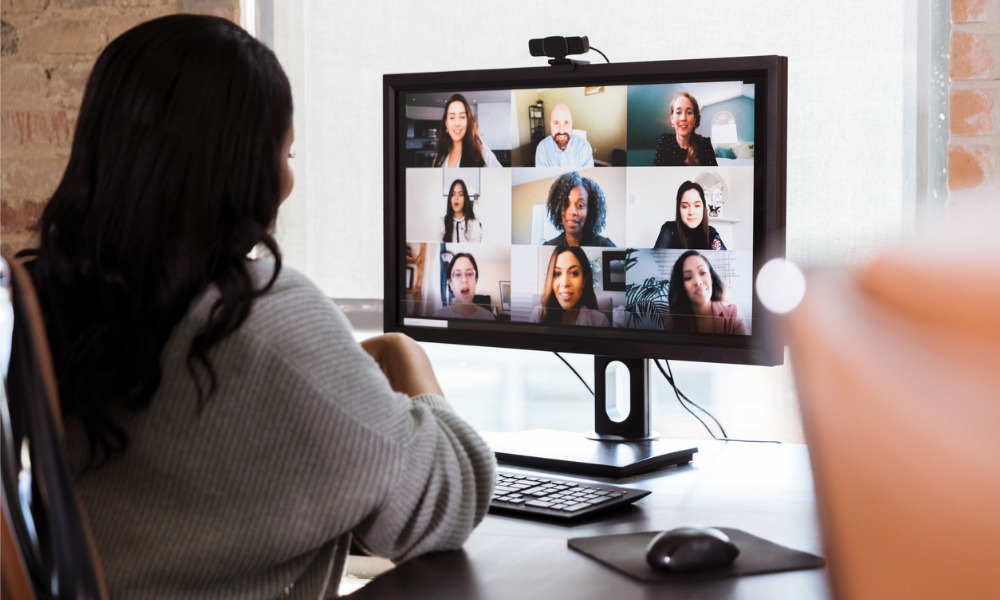
Here's what Sydney's HR leaders can learn from their peers in Melbourne

When it comes to learning to live with a lockdown, no-one knows better than Melbourne’s five million residents. At one point boasting the longest lockdown measures of anywhere across the globe, Melburnians have proved to be a resilient bunch.
As Sydney enters the third week of stay-at-home orders, and the region’s toughest restrictions yet, HRD spoke to Mary Lemonis, Chief People Officer at REA Group. With 1,000 employees in Melbourne, and a total of 1,500 nationwide, the real estate advertising company had a vast workforce to accommodate when they switched to working from home in March last year.
Even after coming out of lockdown in 2020, new outbreaks forced several returns to restrictions earlier this year. So, what can HR leaders in Sydney learn from their peers across the state border?
One of the most psychologically challenging aspects of lockdown is the lack of certainty and control. Employees are thinking: When will this end? When can I see my loved ones again? Will the business survive?
Read more: Flexible working: Is it given or is it earned?
While HR can’t provide those answers, they can facilitate open and transparent communication to give employees a greater sense of security. Lemonis said upping the business’s company-wide town hall meetings to once a week, via a video platform, was one of the first initiatives REA implemented. Employees were encouraged to ask questions, whether anonymously or not, and no topics were off limits.
“We were really fortunate that our CEO Owen Wilson was very comfortable being the face of that communication and it wasn't just him, a number of our executive team leaders got involved too,” she said. “We were very transparent around the decisions we were making to maintain our operating costs. We were very open to say the last resort for us would be to look at a wholesale restructure and so we made it clear that we were going to pull a lot of other levers first.”
The business also tracked sentiment at the end of each weekly town hall meeting by asking employees to rank how effectively they felt REA was managing the current challenges to secure their future. Lemonis said that question was specifically chosen to speak to the level of certainty employees were experiencing and understand what the business could do to steady the ship in the midst of the global storm.
Read more: Workplace COVID-19 vaccinations could begin in September
Another initial area of focus for REA, which had begun before the pandemic but quickly became essential, was making sure leaders felt confident and capable at supporting their teams remotely. Lemonis said rather than scaling back, they ploughed on with the training virtually, and it’s something she believes has been invaluable throughout the pandemic.
“The manager role just became so seminal to how we were managing wellbeing and mental health, so we started connecting with our leaders in the same way that we were connecting with the business,” she said.
“We began running monthly town halls for our leaders, we were equipping them with training and we also scaled up the number of mental health first aiders in our business. We invested in mental health first aid training, and then we were able to deploy those tools and share them with our leaders at large.
“Our intranet space also became a great one-stop-shop for our leaders but also employees to be able to go in and grab information about tools available.”
On the wellbeing front, REA took a personalised approach by partnering with a company that creates tailored profiles to each individual employee, offering tips and resources based on their lifestyle and circumstances. Importantly, REA also removed the cap on personal leave, allowing and encouraging staff to take time away from the office when they needed it.
“What was really heartening to see is that it was used prudently by individuals. Yes, we saw an uptake but we didn't see it go off the chart and I think people really valued it, particularly those who were working at home with young children.”
The company also ran office-wide shutdowns to encourage their people to take time off to recharge, early finishes on Fridays throughout the summer, and regular Zoom-free hours.
Going forward, Lemonis said the lessons the company has learnt from lockdown will continue to shape how they operate in future. The drive to maintain wellbeing and continue to upskill leaders will remain top priorities as the company embraces hybrid working for the rest of 2021 and beyond.